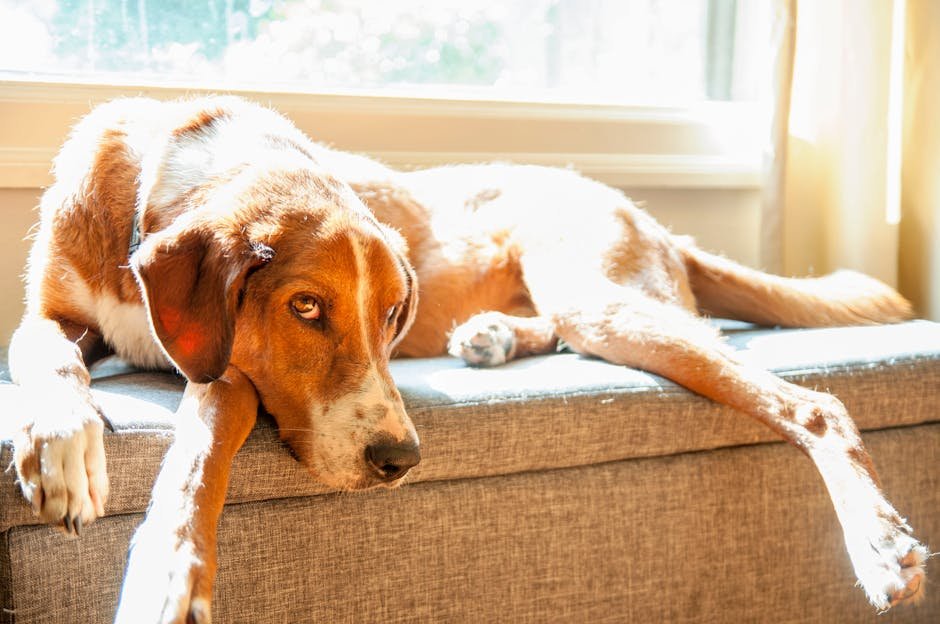Dogs are often considered man’s best friend, but what happens when your furry companion isn’t quite as welcoming to your guests? This can be a perplexing and sometimes distressing situation for dog owners who love to entertain. Whether your dog’s behavior is due to fear, past trauma, or simply a lack of socialization, it’s important to address the issue with understanding and patience. With the right approach, you can help your dog learn to coexist peacefully with your visitors. Let’s explore the essential strategies to transform your dog’s attitude towards your guests.
Understanding Your Dog’s Behavior
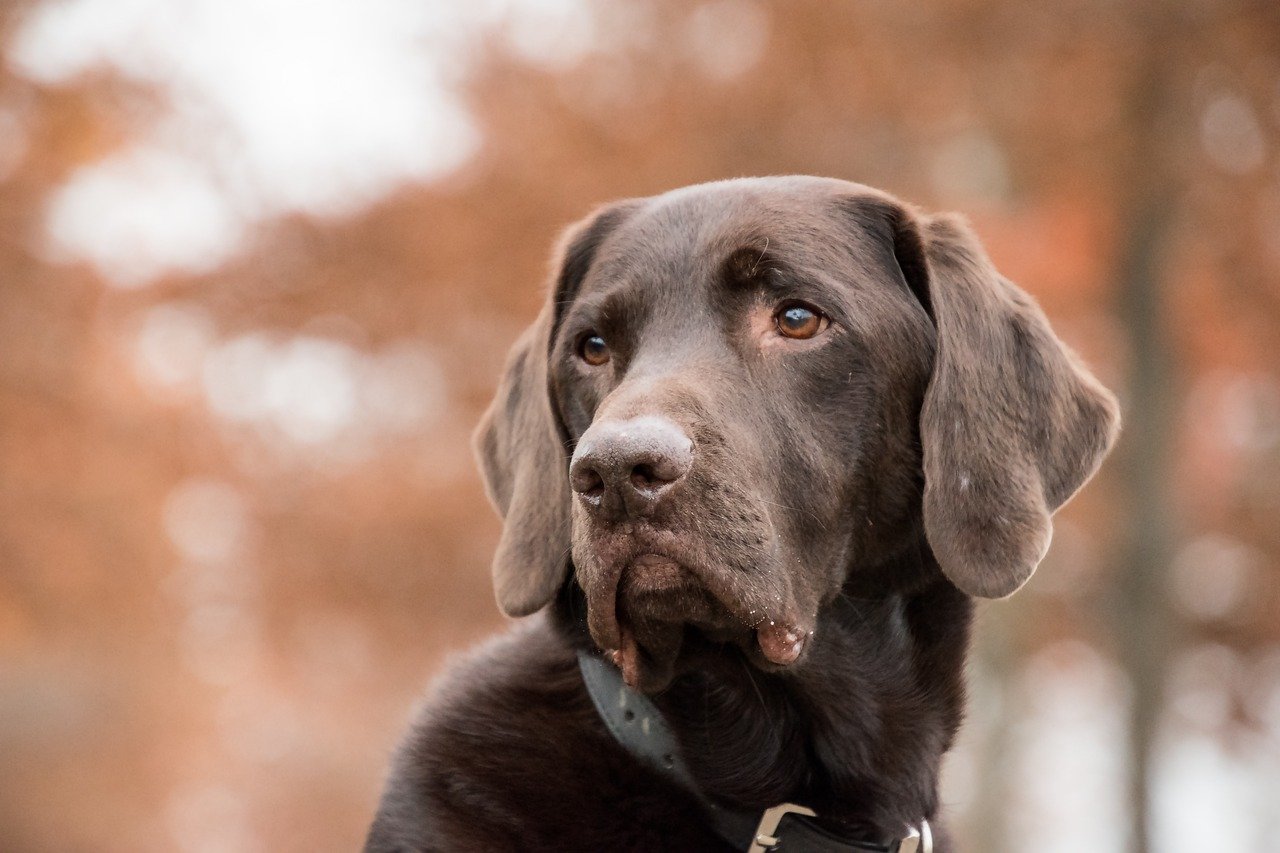
The first step in managing a dog that dislikes guests is understanding the root of their behavior. Dogs communicate through body language and sounds, and it’s crucial to observe these signals. Is your dog barking, growling, or retreating when guests arrive? Each action provides a clue. Some dogs may have had negative experiences with strangers in the past, leading to fear-based reactions. Others may simply be protective of their territory. By recognizing these cues, you can begin to address the underlying issues, tailoring your approach to meet your dog’s specific needs.
Introducing Guests Gradually
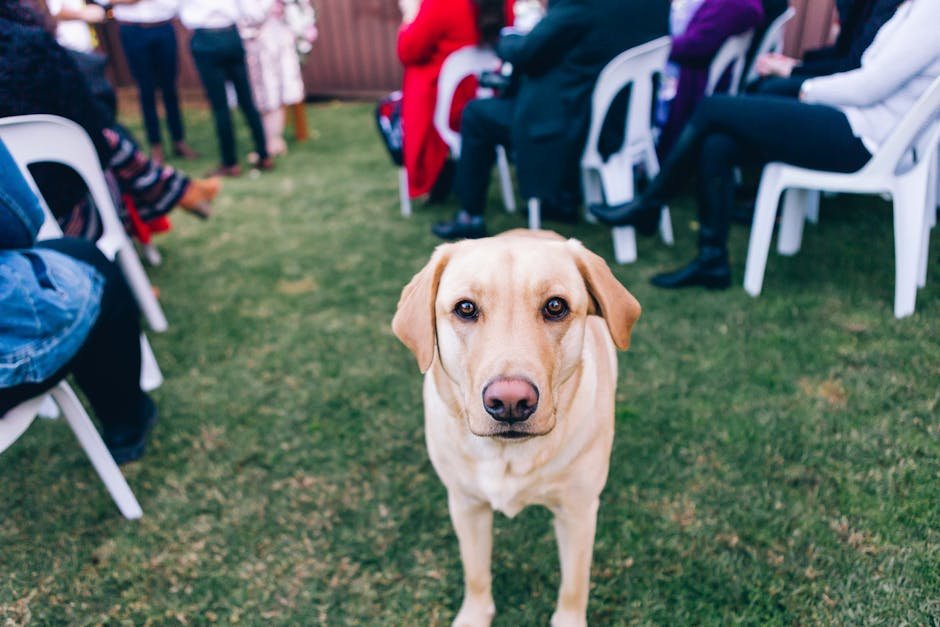
Gradual exposure is key when introducing your dog to guests. Start by inviting a familiar friend or family member who is comfortable around dogs. Allow your dog to observe the interaction from a distance, ensuring they feel safe. Over time, and with repeated positive experiences, your dog will start to associate guests with safety rather than threat. Encourage your guests to ignore the dog initially, allowing the animal to approach them at their own pace. This reduces pressure and allows the dog to adjust to the presence of unfamiliar people.
Using Positive Reinforcement
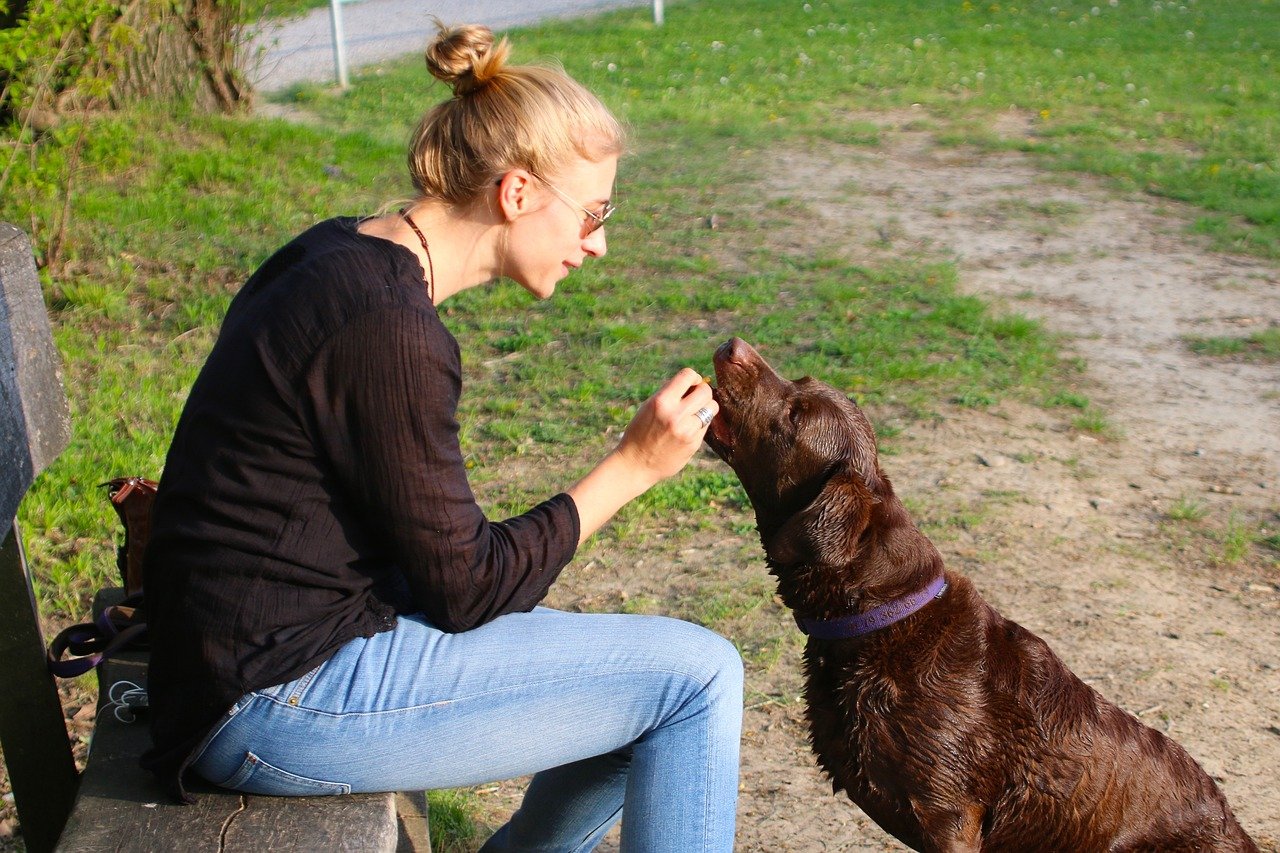
Positive reinforcement is a powerful tool in shaping your dog’s behavior. Reward your dog with treats, praise, or playtime whenever they exhibit calm behavior around guests. This approach not only motivates your dog but also builds a positive association with visitors. Think of it as teaching a child to share their toys; the more you reward the good behavior, the more likely it is to be repeated. Consistency is essential, so make sure all family members and guests are on board with this method.
Establishing a Safe Space
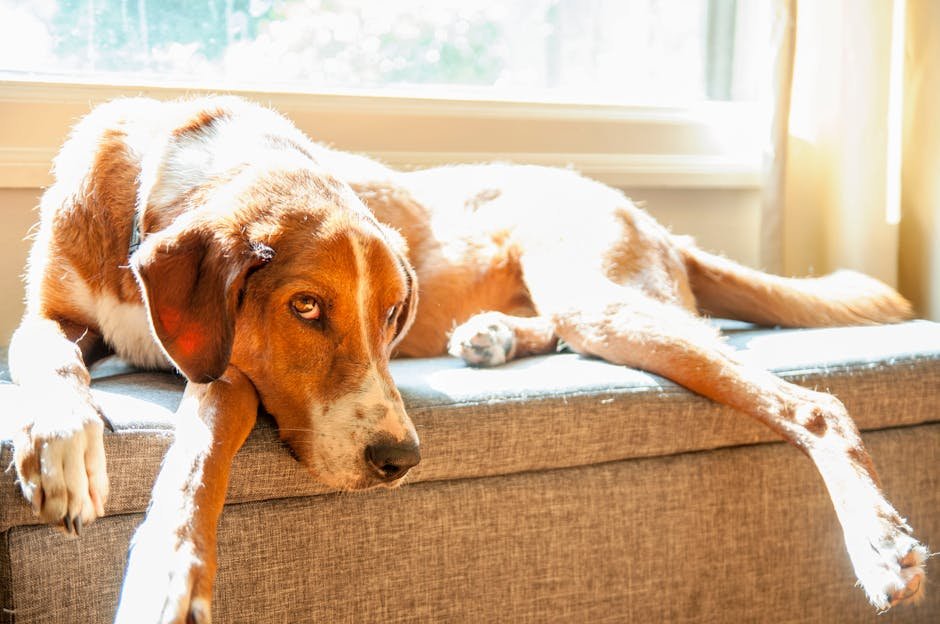
Every dog needs a safe haven – a place where they can retreat if they feel overwhelmed. Set up a quiet corner with your dog’s bed, favorite toys, and perhaps an article of your clothing for comfort. Inform your guests about this space and ensure they respect it. This refuge acts like a security blanket, allowing your dog to observe the situation from a comfortable distance. Over time, your dog may realize that they don’t need to use this space as often, feeling more at ease amidst the hustle and bustle.
Socializing Your Dog
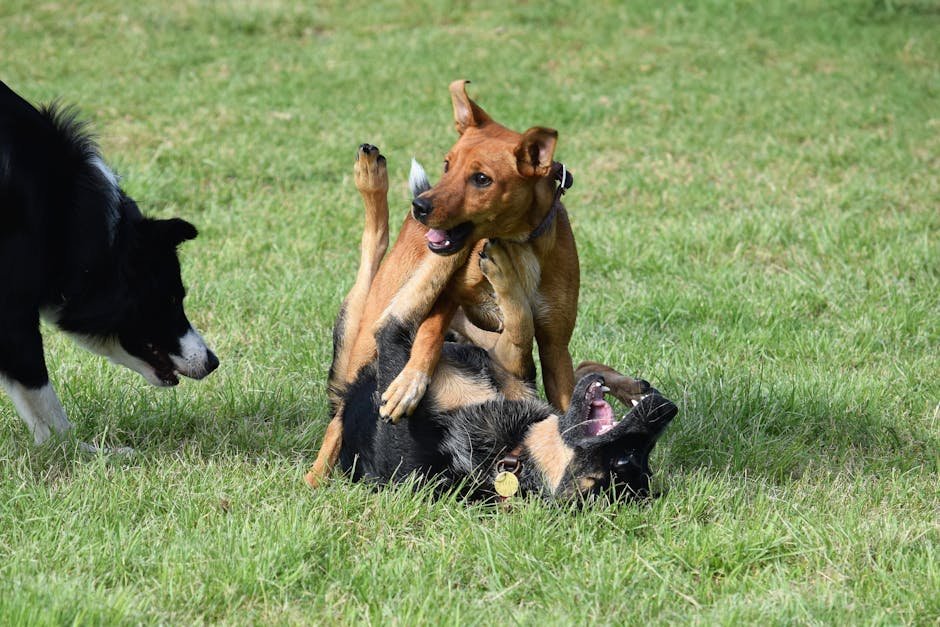
Socialization is a critical aspect of a dog’s upbringing. Regular exposure to different environments, people, and other animals can make a significant difference. Consider enrolling your dog in a training class or arranging playdates with other dogs. Think of socialization as a child’s first day at school; the more they experience, the more comfortable they become. A well-socialized dog is generally more adaptable and less likely to react negatively to guests.
Understanding Body Language
Dogs communicate a great deal through body language, and understanding these signals can help prevent negative interactions. Learn to recognize signs of stress, such as lip licking, yawning, or a tucked tail. By being attuned to your dog’s cues, you can intervene before the situation escalates. For instance, if you notice your dog becoming tense when a guest enters, it might be time to distract them with a favorite toy or a simple command like “sit” or “stay.”
Training Commands and Obedience
Basic obedience training can be incredibly helpful in managing a dog that dislikes guests. Commands such as “sit,” “stay,” and “leave it” can redirect your dog’s focus and prevent unwanted behavior. Regular training sessions reinforce these commands and build a stronger bond between you and your dog. It’s like teaching a child to say please and thank you; with time, these commands become second nature, helping your dog navigate social situations more smoothly.
Patience and Consistency
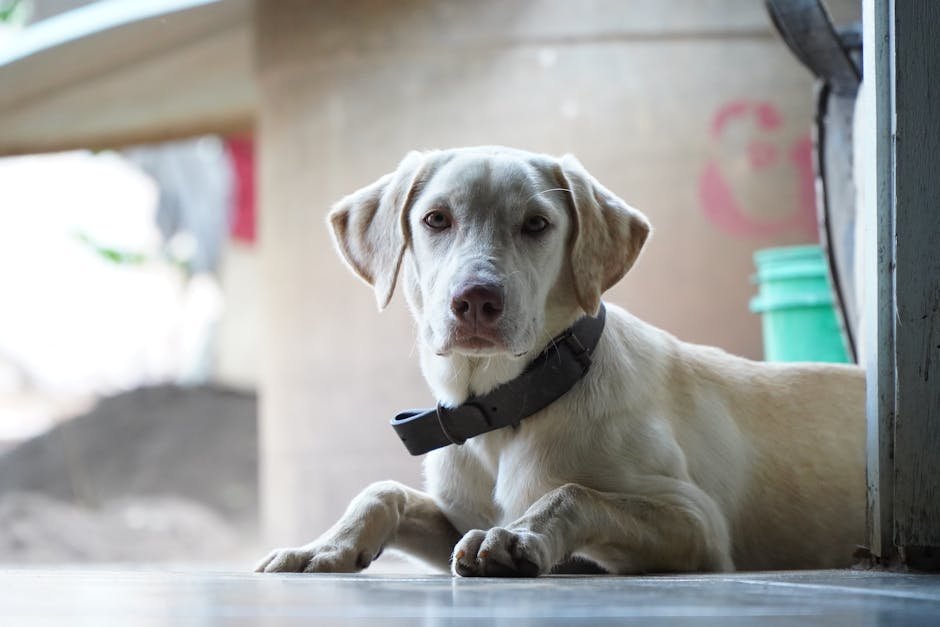
Handling a dog that dislikes guests requires patience and consistency. Behavioral changes don’t happen overnight, and it’s important to remain committed to the process. Celebrate small victories and remain patient during setbacks. Consistency in your approach will yield the best results over time. Imagine nurturing a plant; with consistent care and attention, it will eventually bloom beautifully. The same applies to your dog; your patience and persistence will pay off.
Celebrating Small Successes
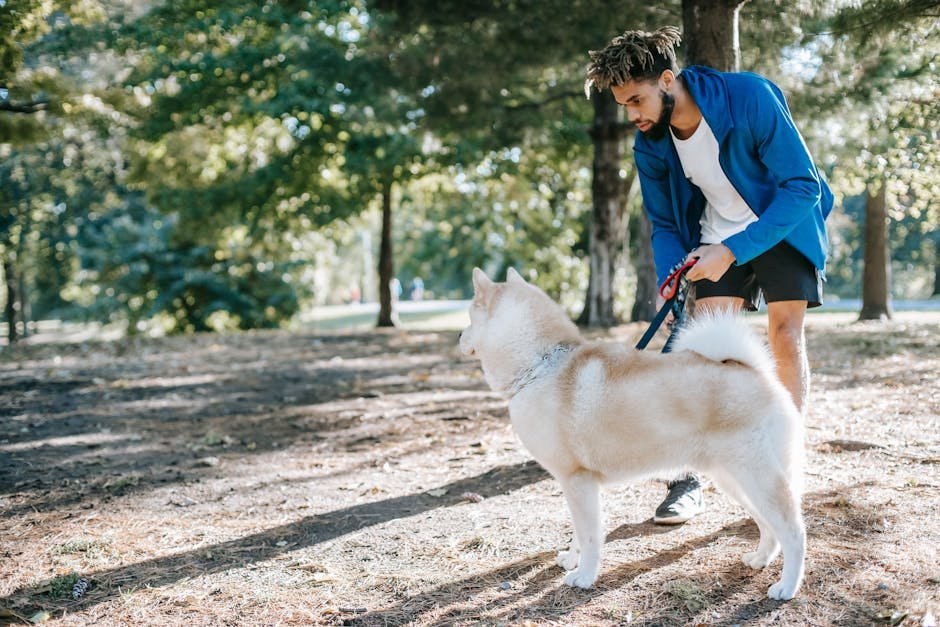
Finally, celebrate every small success along the way. Each positive interaction, no matter how minor, is a step towards a more harmonious home environment. Recognize the progress your dog makes and reward them accordingly. This not only boosts your dog’s confidence but also strengthens your bond. Just as a child beams with pride at a star sticker for good behavior, your dog will thrive on your encouragement and positivity.
Managing a dog that dislikes guests is a journey that requires understanding, patience, and consistent effort. By employing these strategies, you can transform your dog’s behavior and create a welcoming environment for both your furry friend and your guests.

Born and bred in South Africa, a Capetonian at heart. Amy-Leigh’s love for nature and animals was inherited from her Dad. He loves taking the family on road trips to experience nature at its finest; Amy-Leigh’s favourite being whale watching in Hermanus and spotting Kudu along the West Coast. Amy-Leigh holds a BA in English Literature and Communication Studies.

